1975’s Face the Music marked a distinct change in direction and intention for Jeff Lynne and ELO. Along with abbreviating their name simply to ELO from Electric Light Orchestra, they also began to alter the use of the ornate, orchestrated style that had reached its peak with their last all-new studio album, Eldorado, the year before. So too, the departure of bassist Mike de Albuquerque and cello player Mike Edwards gave Lynne opportunity to reshape the band according to his own whims. While the orchestration remained a signature element in their sound, the strings served as more of a support role rather than dictating the tone and texture entirely.
By the time the band ensconced to Musicland Studios in Munich Germany, the first of many such visits to that particular locale, Lynne had made the decision to focus more on concise, pop-oriented material and veer away from the progressive posture that had typified ELO early on.
Not that the opening track, “Fire on High,” made that intent immediately clear.
An overture of sorts featuring drummer Bev Bevan’s chanting a backwards incantation, “The music is reversible but time is not/Turn back, turn back, turn back, turn back” (an allusion to the fact that Lynne had been accused by some Christian fundamentalist groups of incorporating Satanic messages on its predecessor, 1974’s Eldorado’s title track), it roared to a soaring crescendo courtesy of a riveting guitar riff that helped accelerate the electricity.
Related: Our Album Rewind of Eldorado
So too, the follow-up track, “Waterfall,” shared the autumnal orchestration that was typical of the ELO template, a soothing sound that might have initially led devotees to believe the new album would keep the band moving forward with orchestral embellishment.
That impression was emphatically short-circuited with the arrival of the album’s first single, the catchy and concise “Evil Woman.” The song, with its distinctive piano opening courtesy of keyboardist Richard Tandy, was released in October ’75. It was immediately embraced by album radio and would go on to become ELO’s first worldwide pop hit, although it was allegedly written in a matter of minutes simply to give the album a longer running time. It starts with a jarring prelude, as Lynne indignantly declares, “You made a fool of me, but them broken dreams have got to end,” before leading into the simple stand-out chorus that got under the skin and refused to let go. It also boasts another lyric of note,”There’s a hole in my head where the rain comes in,” an obvious reference to the Beatles’ “Fixing a Hole,” as well as Lynne’s admitted fixation with the Fab Four.
As the album wound on, other notable additives came into play. “Nightrider” found Lynne sharing the vocals with bassist Kelly Groucutt, before handing them over entirely to him on “Poker,” the song that followed. That latter stands out as the most riveting rocker of the entire album, as well as the first time Lynne had handed off the singing duties to another member of the band since splitting the lead on the very first Electric Light Orchestra album, No Answer, which found the band briefly co-helmed between Lynne and Roy Wood.
Nevertheless, the rest of the album, save the aforementioned “Evil Woman,” was overshadowed by the song that came next, another overt attempt at pure pop titled “Strange Magic.” Its catchy chorus, sung by a coordinated choir of female backing singers, served the song well. There was no denying the power of its refrain and its hypnotic effect overall. Here again was evidence of Lynne’s ability to create the accessible art that was at the very core of ELO.
The remaining songs on the original album consisted of both standard ELO fare, ala the dreamy closing track “One Summer Dream,” and an unlikely and unexpected departure, courtesy of the country noir attempted with “Down Home Town.” The latter found violinist Mik Kaminski emulating an arcane fiddler seemingly plucked from the back hills of Appalachia, well in keeping with Lynne’s attempt at a country croon.
For all its seeming diversions, Face the Music, true to its title, became ELO’s most successful album to date and the one that most people continue to reference when citing the band’s most definitive effort. Other triumphs would follow, but clearly Face the Music marked a turning point in both their tapestry and trajectory. The release, in early October 1975, continued the group’s momentum on the U.S. album chart, where it ultimately reached #8.
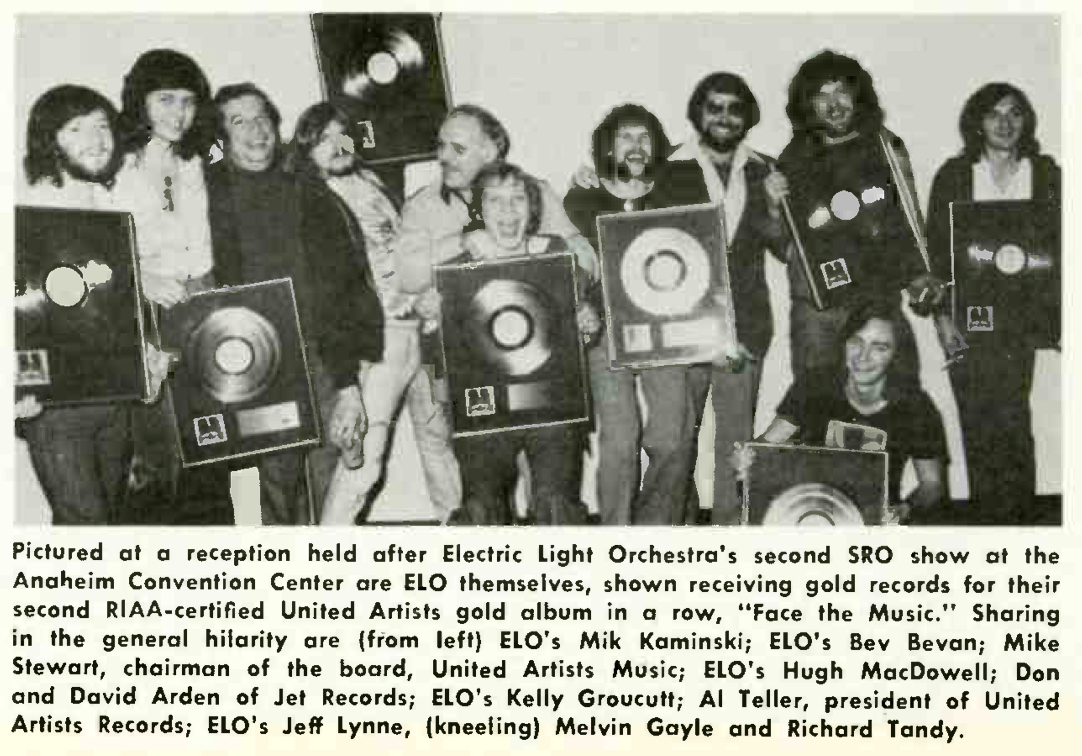
This photo of the band receiving Gold records for the album appeared in the March 6, 1976, issue of Record World
Watch ELO perform “Evil Woman” live on German TV in 1975
One year later, ELO scored their first Platinum album in the U.S. and significant worldwide success with A New World Record and continued success on the Hot 100.
Tickets for Jeff Lynne’s ELO “Over and Out” tour are available here and here.
Watch ELO perform “Strange Magic” on The Midnight Special in 1976
ELO recordings are available in the U.S. here and in the U.K. here.
- The Rascals’ ‘Time Peace’: A Greatest Hits LP That Foretold the Future - 06/24/2025
- Paul & Linda McCartney: ‘Ram’—Macca Magic - 05/17/2025
- Bob Seger ‘Against the Wind’: Rockin’ the Mainstream - 02/25/2025

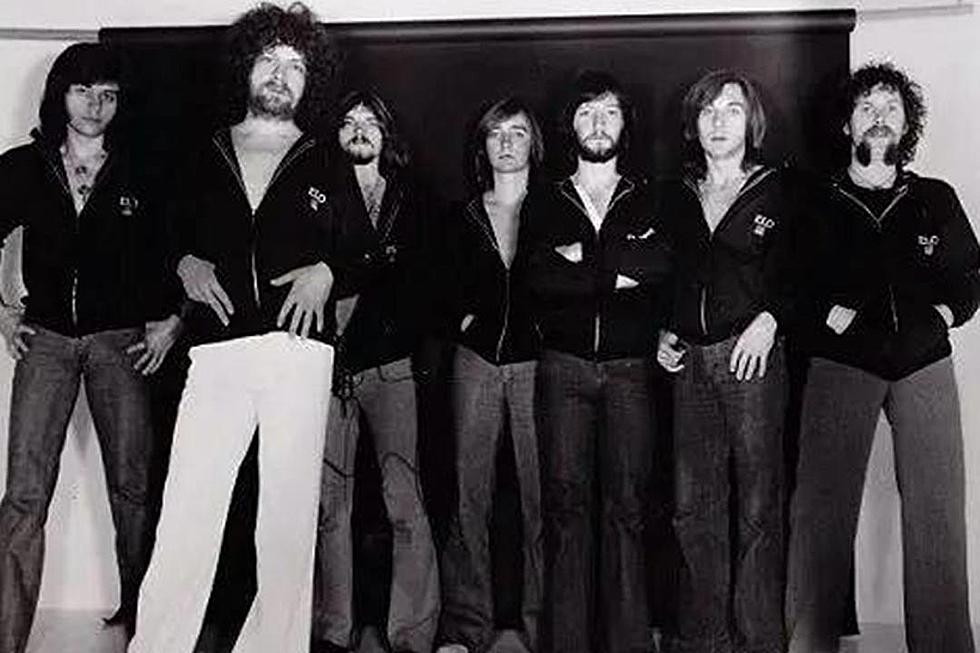
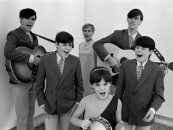
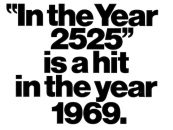

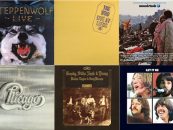

1 Comment so far
Jump into a conversationYears ago, someone came up with a neat list titled ‘Six Reasons Jeff Lynne is Cooler Than You’.
1) Lunches with Salma Hayek
2) Produced The Beatles
3) Hangs with the Wilburys
4) Wore cool sunglasses 24/7 before Bono
5) Sported Afro before Dr. J
6) Has a spaceship